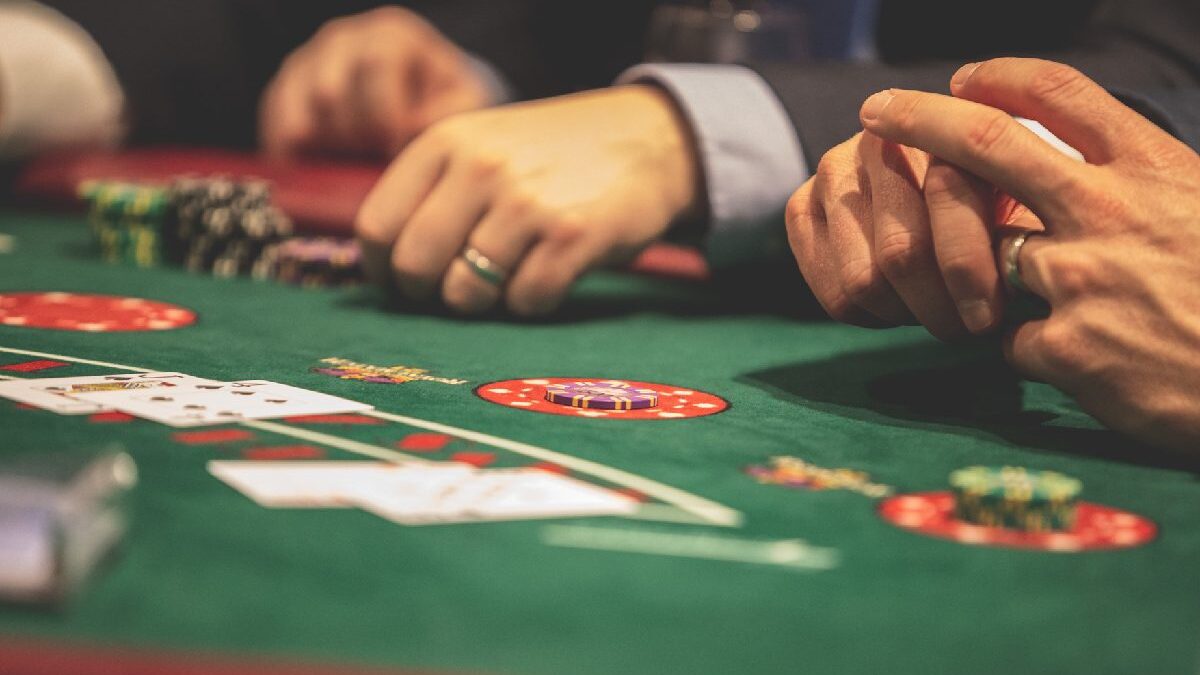Table of Contents
Introduction
When we think of addiction, substances like drugs and alcohol often come to mind. However, there exists another category of addiction, known as behavioural addiction, which doesn’t involve the ingestion of substances, but revolves around compulsive behaviours. In this article, we’ll explore the intricacies of behavioural addictions, shedding light on its nature, causes, and potential treatments.
Defining Behavioural Addiction
Behavioural addiction, also referred to as process addiction, is characterized by an uncontrollable urge to engage in specific activities, despite negative consequences. These activities stimulate the brain’s reward system, leading to a cycle of craving, indulgence, and temporary relief. Those suffering from behavioural addiction exhibit a compulsion to continually engage in an activity or behavior despite the negative impact on their ability to remain mentally and/or physically healthy.
Types of Behavioural Addiction
As behavioural addictions revolve around certain behaviours that provide a temporary escape or pleasure, these addictions can be just as compelling and disruptive as substance addiction. There are a number of well recognized examples, such as gambling and eating disorders and also some that are less often considered, such as sex addiction, shopping addiction and exercise addiction. However, here we are going to look, in particular, at three types of behavioural addiction.
Gambling Addiction
Gambling addiction, also known as pathological gambling or gambling disorder, is characterized by an uncontrollable urge to gamble despite negative consequences. This addiction can lead to financial ruin, strained relationships, and severe emotional distress.
Factors contributing to gambling addiction may include:
Psychological triggers: Some individuals may turn to gambling as a way to cope with stress, depression, anxiety, or other mental health issues.
Availability and accessibility: The widespread availability of gambling venues, both physical and online, can exacerbate the risk of addiction.
Neurological factors: Research suggests that certain individuals may be more predisposed to gambling addiction due to differences in brain chemistry.
Gambling addiction treatment options typically include therapy, support groups, and in severe cases, medication to address underlying mental health issues.
Pornography Addiction
Pornography addiction, also known as compulsive sexual behaviour disorder, involves an excessive and uncontrollable use of pornographic material. This addiction can lead to a range of negative consequences, including relationship issues, decreased self-esteem, and distorted perceptions of sexuality.
Factors contributing to pornography addiction may include:
Easy accessibility: The internet provides a vast and readily available source of explicit material, making it easy for individuals to develop compulsive behaviours.
Escapism: Like other forms of addiction, some individuals turn to pornography as a way to escape from stress, boredom, or emotional pain.
Psychological factors: Underlying mental health issues, such as depression or anxiety, can contribute to the development of pornography addiction.
Treatment for porn addiction often involves therapy, cognitive-behavioural techniques, and support groups. Developing healthy coping mechanisms and rebuilding relationships are crucial components of recovery.
Gaming Addiction
Gaming addiction, sometimes referred to as Internet Gaming Disorder, involves an excessive and uncontrollable use of video games, often to the detriment of other aspects of life such as work, relationships, and personal well-being.
Causes and triggers related to gaming addiction include:
Escapism: Video games can provide an immersive world where individuals can escape from real-world stressors and challenges.
Social Connection: Online gaming communities can offer a sense of belonging and social interaction, which may be lacking in other areas of an individual’s life.
Treatment options include therapy such as cognitive-behavioural approaches, which, along with family therapy and support groups, can be effective in treating gaming addiction. In addition, setting boundaries by establishing time limits and creating a balanced schedule that includes other activities is crucial for recovery.
Conclusion
Behavioural addiction, in its various forms, is a pervasive and challenging issue that affects individuals from all walks of life. Understanding the different types of this form of addiction, including gambling, pornography and gaming addiction, is a critical step towards providing support and resources for those in need. With proper intervention and a strong support system, individuals struggling with behavioural addictions can embark on a path to recovery and reclaim their lives.

